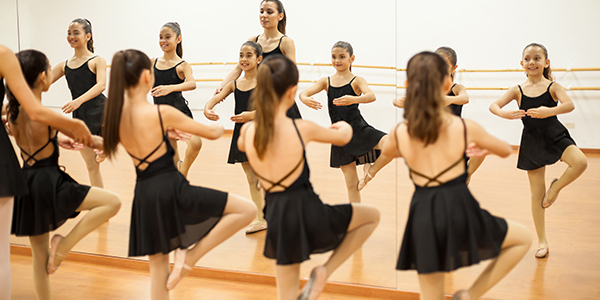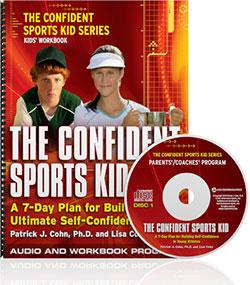
How to Help Your Sports Kid Break a Performance Slump
Many young athletes experience a slump in performance at one time in their sports experience. Sometimes a slump may be short lived, but many times slumps last for prolonged periods — even months.
A slump is a noticeable decrease in performance for an extended period. It is not one poor performance or competition as a slump or even one week of poor performance. Losing your fastball for one week would not qualify as a slump. Pitching less accurately over the last month as compared to the previous 12 months would be a slump.
Determining a Physical or Mental Slump
Firstly, you need to determine if your young athletes’ slump is from physical causes or mental causes. Not all slumps are due to mental game challenges.
For example, if you change instructors and she changes the mechanics of your game, this could lead to a temporary slump. However, this could turn into mental game issue if you lose confidence in your new method. Returning from an injury could also cause real physical limitations as well.
Causes of Mental Slumps
Mental slumps are caused by psychological issues. These factors can lead to a slump occurring, as well as extend a slump that already exists. Remember that there can be multiple causes, and it is always important to identify all the factors that may be occurring.
Some of mental game challenges that can cause or prolong slumps include:
- Low self-confidence
- Comfort zones or inability to surpass mental barriers
- Complacency with your performance level
- Lack of motivation to improve
- Over motivation or over training
- Self-esteem takes a knock when not performing up to expectations
- Trying too hard to perform well
- Frustration with not getting better fast enough
Tips for breaking Free of Mental Slumps
- Kids should focus on their performance instead of results. They should not become obsessed with or pay so much attention to their wins or personal statistics; kids can focus on their actual performance instead. Kids can focus on improving their pre-service routine in tennis, or enhancing their quarterback skills to read defensive formations, for example.
- Kids should stop making comparisons to their competition. They should focus on small performance gains to improve their game daily.
- Kids can stay committed to their goals in sports. When kids are in a slump, it is easier for them to question their goals… the parents may start questioning the athlete’s goals also. Both kids and parents should stay patient and remember what motivates them to compete.
- Kids can also change their training routine. The focus should be on mental game improvement. Some athletes become so fixated on trying to improve their technique. that they actually go backward in their skill level.. They get lost in trying to perfect their technique instead of trying to improve performance.
Related Sports Psychology Articles
- Self-Criticism In Youth Athletes
- Comparison’s Impact on Athletes Confidence
- How Parents and Coaches Can Cope with Bullying in Sports
*Subscribe to The Ultimate Sports Parent Podcast
*Subscribe to Peak Performance Sports on Youtube
Download a free sports psychology report to improve your mental game!
The Confident Sports Kid

When kids lack confidence, they doubt themselves, stop taking risks, play tentatively, and are hard on themselves. As a result, kids often lose their motivation to improve. Ultimately, these barriers keep them from enjoying sports and making the most of their physical talent.
“The Confident Sports Kid” program is actually two programs: one that teaches sports parents how to boost their kids’ confidence, and another that teaches young athletes age 8 to 18 how to improve their self talk, avoid negative thinking, overcome expectations that limit confidence, and much more. The program will help kids boost their confidence in sports and life…and enjoy sports more. Get more information about this program… Or buy now:
